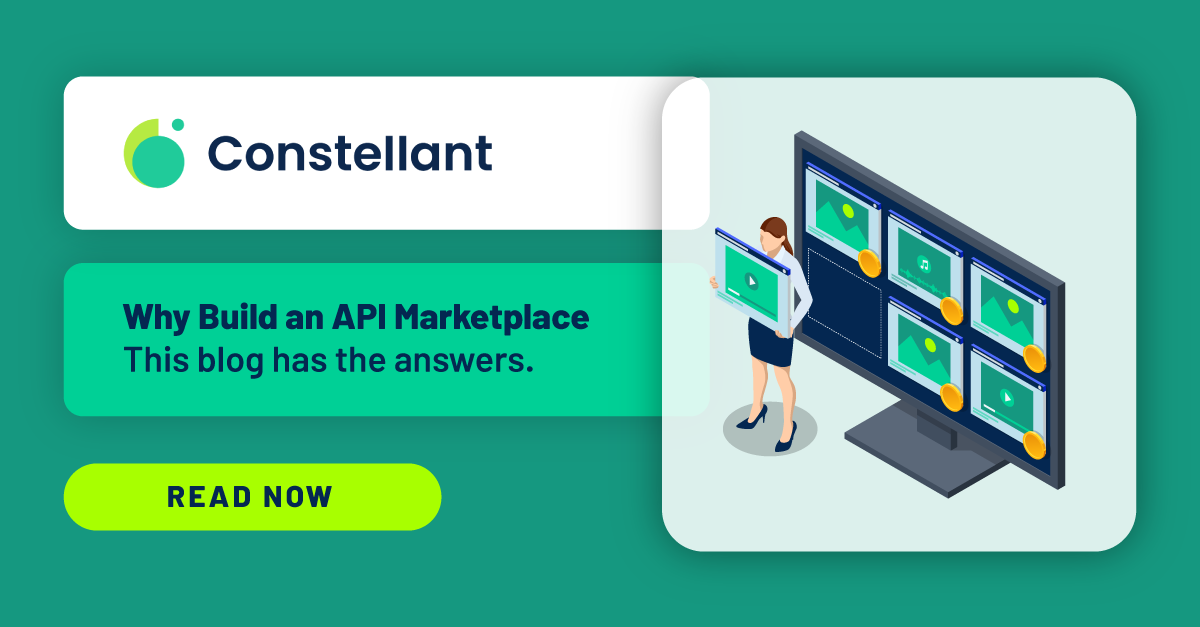The only ecosystem blog you'll ever need

Why Build an API Marketplace
March 4, 2022
Digital business is here to stay and companies that want to stay competitive must be able to make the most of their digital transformation. One way for businesses to do this is by integrating application programming interfaces (APIs) into their company strategy.
However, there are challenges that arise with an API-led strategy: production, consumption, and monetization across a wide range of stakeholders (which may include internal developers, external developers, partners, and customers). This is where an API marketplace comes in.
As the backbone of digital transformation, an API marketplace allows companies to expose their APIs to developers and consumers while also managing and scaling operations. A well-run API marketplace can reduce time to market, improve partner and customer engagement, and ultimately, increase monetization opportunities. This blog will cover those three areas.
Already bought in on the value of an API Marketplace? Request a demo to see how you can take your API marketplace and other related digital ecosystems to the next level by establishing a nexus in a single platform.
- A well-run API marketplace reduces time to market. Instead of waiting weeks or months to integrate with APIs, developers should be able to create an application in minutes through an API marketplace. This will yield a more immediate return on investment. A key feature in making an API marketplace successful in this area is workflow automation, specifically for submissions. Interested in learning more about workflows to consider? Check out this blog.
- A well-run API marketplace improves partner and customer engagement. A surefire way to improve partner and customer engagement is to think about your API marketplace as a nexus. In the same way that stars form constellations (see where we got Constellant…?), your API marketplace can connect to other related ecosystems. With interconnectivity, partners and customers will be able to engage with greater ease. Implementing role-based access across your digital ecosystem will significantly improve your users' experiences and encourage them to participate in ways that make sense.
- A well-run API marketplace increases monetization opportunities. Depending on your business model, you may require direct monetization of APIs through an API marketplace. This infrastructure must be supported by functionality that includes subscription capabilities, shopping cart functionality, secure provisioning of APIs, and ecommerce functionality to enable payments for API consumption. Additionally, if you allow your API marketplace to become something more by connecting it to your other digital ecosystems, you can monetize not only APIs but also applications and solutions. This allows you to enable revenue generation in an automated, scalable way.
As more and more businesses see the value in exposing APIs to new audiences, API marketplaces continue to pop up. The McKinsey Global Institute found that “marketplaces have grown more in three months during COVID-19 than the previous ten years combined.”
Jumping on the bandwagon may feel daunting but the opportunities it holds are vast. If you are eager to learn more about monetizing APIs in digital business, download our white paper that covers this topic in greater detail.

